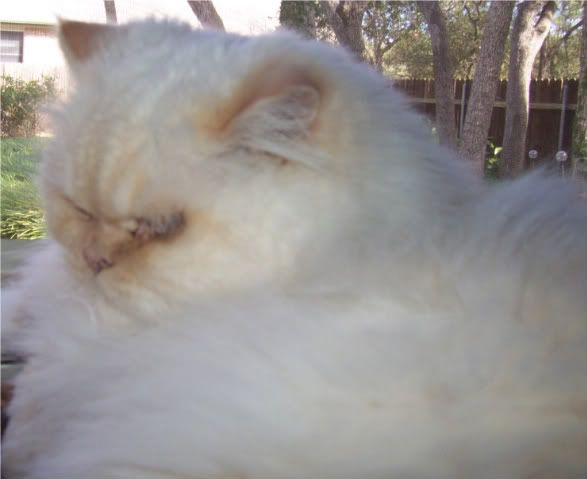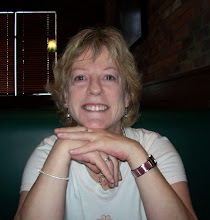
If you work in a hospital you are painfully familiar with the difficult patient. (With the exception of babies who haven't yet the life experience to develop various psychological quirks or the voice to express same.)
The difficult patient is the guy who barrages you with insults every time you enter the room. It's the woman who puts on her call-light every five minutes and doesn't really need anything. It's the elderly gentleman you don't want to get near because he brazenly gropes you or insists you hold his urinal for him even though he has full use of his hands. It's the patient who finds something to complain about no matter what you do or don't do.
There have been books published on the subject of the difficult patient. That's because the phenomenon is pervasive. It's not something they teach you about in school. At least, not when I was in school. It's a conundrum for the caretaker to be lashed out at for being - well, the caretaker! There's some sort of cognitive dissonance in that scenario.
I've done some reading. I even bought a book on it. Most of the literature focuses on the physicians' dilemma in dealing with the difficult patient. The issue impacts nurses much more. The nurse is with the patient for long periods of time. They are the one perpetual 'constant', going in and out of the patient's room for eight, twelve or to up to sixteen hours at a time.
The difficult patient drives the nurse away from the bedside. He/she causes the nurse to want to give only the minimum of acceptable care. Even when nurses give report to the next shift, they warn the oncoming nurse about 'the difficult patient', setting up friction in the nurse-patient relationship from the start.
This friction leads to a kind of patient abandonment, so to speak. Emotional and physical abandonment.
What makes the difficult patient difficult? The first obvious reason is being in the hospital. Who has a good time in the hospital? They're sick. They have lost a measure of control in their lives, by virtue of their bodies failing and by being in an unfamiliar, scary place.
We all know that. Fear expresses itself as anger.
The very abandonment of the patient by the nurse only fuels their fears. They push that call button every two minutes just to get the nurse to pay attention. They complain bitterly. They make up reasons out of thin air to get someone in the room with them.
There are also those who are detoxing from drugs or alcohol, unintentionally, by being confined to the hospital. I'm not even talking about some teenager detoxing, or some homeless guy. I'm talking about the upper middle-class 50-60-something lady who has had a Xanax habit for the past twenty years or a multiple-cocktails in the evening habit. The 70-something gentleman who has been a functional beer-drinking alcoholic all his adult life is going to get mighty cranky, too.
For some reason, these folks are slipping through the cracks of addiction assessment and treatment. They'd be the last ones on earth to admit to a habit.
Of course, there are those patients who truly do have a psychiatric problem; some diagnosed, some not. They are everywhere. They may only exhibit full-blown symptoms stemming from their malady when they're scared or confined.
One issue that sometimes gets forgotten is the good old fashioned depression. Again, loss of control, fear of the hospital environment, fear of abandonment and just plain loneliness can send some folks into a depression. It will manifest as anger or the incessant call-button pusher, or it could be the patient who always has something to complain about. It should be one of the first things we investigate when we sense that something's not 'right.'
According to the literature, and common sense, nurses should not retaliate by avoiding the patient. One can set boundaries, as in the case of the groper or the verbal abuser. "I won't accept this behavior. I will take the best care of you that I can, but I won't be groped/yelled at....etc."
Of course, hearing the complainer and simply saying, "I'm sorry this/that happened. I'll do whatever I can to change/fix/make it better for you," can do wonders to soothe and give the patient a sense of satisfaction.
The depressed patient needs someone to listen. They also need the doc to know that maybe an antidepressant is in order.
As nurses, we're the patient advocate and part of that role includes being the caretaker without reservation, even when it pains us to do so. I'd also encourage that we stop criticizing patients to
each other. Sure, it's a way to disperse the tension, but at what cost? Until you walk a mile in their mocassins, and all that. Try not to judge harshly.











